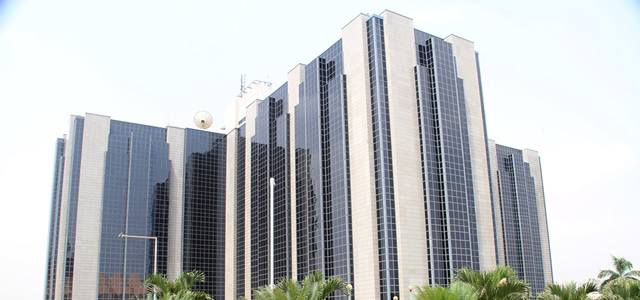The Central Bank of Nigeria (CBN) yesterday took another step towards unifying the naira exchange rate by adjusting the rate at the official Secondary Market Intervention Sales (SMIS) to N380/$1. The rate was formerly N360/$1.
One of the officials explained: “Yes, it is aimed at moving the rate closer to that of the Investors and Exporters (I&E) window, which traded at N386/$1 yesterday. From time to time, adjustment would continue to happen, either upward or downward in line with market fundamentals. Certainly, no single rate can be achieved, but we would keep moving towards I&E rate.”
With this N20 adjustment at the official SMIS window, it means more money for states and the federal government at the monthly Federation Account Allocation Committee (FAAC) meetings, which will cushion the impact of the current lower oil prices.
The latest development comes about 10 days after the CBN Governor, Mr. Godwin Emefiele, told some foreign investors that the desire of the central bank “is to achieve exchange rate unification” around the Nigerian Autonomous Foreign Exchange Market (NAFEX)/ I&E rate.
Emefiele had explained thus: “What we mean by exchange rate unification is moving towards the NAFEX. NAFEX is our dominant market for the purchase and sale of forex and it is a free market where everybody is free to sell their dollars and those who want to buy are free to buy dollars.
“That means that whether you are a business man, a bank, CBN, and you have dollars, you can bring it to the market to sell and if you want to buy dollars, you can come to the market.
“Like some of you must have seen, three years before 2019, we saw a relatively stable forex market because the NAFEX rate and even the rate at which the central bank transacts business outside the NAFEX were substantially close to each other. So, the CBN will continue to pursue unification around the NAFEX.”
According to him, the parallel market is not a true reflection of the naira exchange against the dollar.
He said the parallel market “is patronised by people who want to do dealings not recognised by the authorities.”
The CBN had in March this year adjusted the official naira exchange from N305/$1 to N360/$1.
Meanwhile, the CBN has authorised all regional banks in the country to operate from one additional geo-political zone, beyond the two geo-political zones previously stipulated by the banking sector regulator.
The policy which according to the CBN is to promote financial inclusion becomes effective immediately.
It stated this in a circular to all regional banks dated June 26, 2020, a copy of which was obtained on its website yesterday. The circular titled: “Expansion of the Scope of Regional Banks in Nigeria,” was signed by the CBN Director, Financial Policy and Regulation Department, Kevin Amugo Prior to the regulation, a commercial bank with regional banking authorisation was entitled to carry on its banking business operations within a minimum of six and a maximum of 12 contiguous states of the federation, lying within not more than two geo-political zones of the federation, as well as within the Federal Capital Territory.
“The compliance timeline to establish operational footprint at the advised zone shall not exceed six months from the issuance of the regulatory advice to each regional bank by the CBN. Please be guided accordingly,” the CBN said.
The CBN is targeting to achieve 95 per cent financial inclusion by 2024.
With the new target, Emefiele urged institutions to re-strategise and refocus initiatives, policies and schemes that would accelerate the pace of delivery of their respective financial inclusion efforts.
“The revised National Financial Inclusion Strategy (NFIS 2.0) places implementation focus on women, rural areas, youth, Northern Nigeria and Micro Small and Medium Enterprises (MSMEs),” he said.







